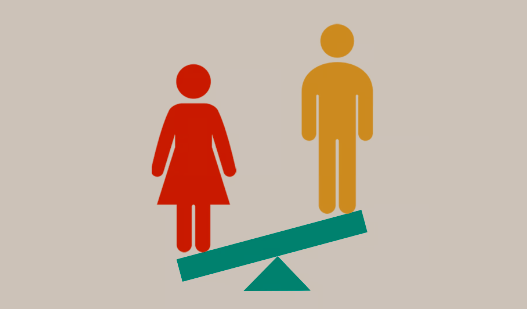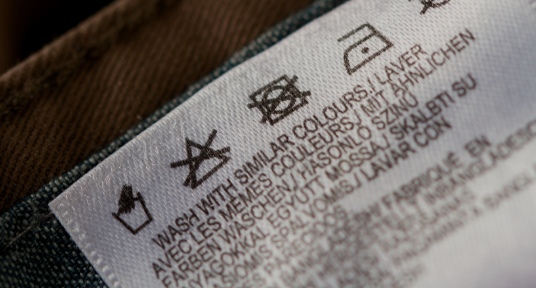Greatest Gender Roles And Laundry Responsibilities

Gender roles have long been ingrained in societies worldwide, influencing various aspects of individuals’ lives. One area where these roles often manifest is in household chores, with laundry responsibilities serving as a poignant example. This exploration delves into the dynamics of gender roles concerning laundry duties, shedding light on societal expectations and their impact on individuals.
Historical Perspectives
Traditional Division of Labor
Historically, societies have upheld a traditional division of labor, assigning specific roles based on gender. In many cultures, laundry has been perceived as a female-dominated task, perpetuating the notion that women are responsible for domestic chores.
Shifting Paradigms
Over the years, societal attitudes have evolved, challenging traditional gender norms. Changes in women’s roles in the workforce and evolving family structures have contributed to a gradual shift in the perception of laundry responsibilities.
Contemporary Gender Roles in Laundry
Cultural Influences
Cultural norms continue to play a significant role in shaping expectations regarding gender and household chores. Some societies still emphasize traditional gender roles, impacting individuals’ attitudes toward laundry duties.
Impact of Media
Media portrayal often reinforces gender stereotypes, influencing perceptions of who should manage household tasks. Advertisements and popular culture can inadvertently contribute to the perpetuation of traditional gender roles in relation to laundry responsibilities.
The Intersection of Gender and Laundry Responsibilities
Work-Life Balance
As more individuals juggle work and family responsibilities, the division of labor within households becomes a crucial aspect. The intersection of gender and laundry duties can impact the overall balance between professional and domestic life.
Relationship Dynamics
In intimate relationships, the division of laundry responsibilities can reflect broader power dynamics. Addressing these dynamics can lead to a more equitable distribution of household tasks, fostering healthier relationships.
Breaking the Mold: Challenges and Solutions
Overcoming Stereotypes
Challenging ingrained stereotypes requires a conscious effort from individuals and society as a whole. Acknowledging that both genders are capable of managing laundry responsibilities is a crucial step in breaking down these barriers.
Communication and Collaboration
Open communication within households can pave the way for collaborative decision-making regarding chores. Couples and families benefit from discussing and renegotiating laundry responsibilities based on individual preferences and time constraints.
Corporate and Policy Implications
Workplace Policies
In workplaces, policies that support work-life balance contribute to a more equitable distribution of household responsibilities. Companies can implement initiatives such as flexible schedules and parental leave to accommodate diverse family structures.
Societal Change
Advocacy for gender equality extends beyond individual households. Societal change involves challenging discriminatory practices, fostering inclusivity, and encouraging a more equitable distribution of responsibilities, including laundry duties.
Conclusion
In conclusion, the examination of gender roles and laundry responsibilities reveals a complex interplay of historical influences, contemporary dynamics, and the need for societal change. By challenging stereotypes, fostering open communication, and implementing supportive policies, society can move towards a more equitable distribution of household tasks, dismantling traditional gender roles in the process.




